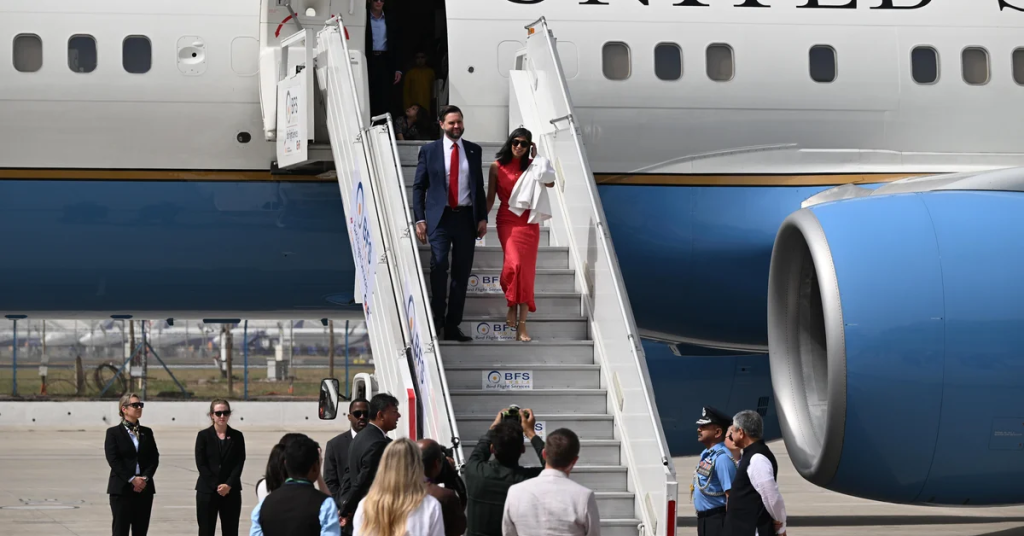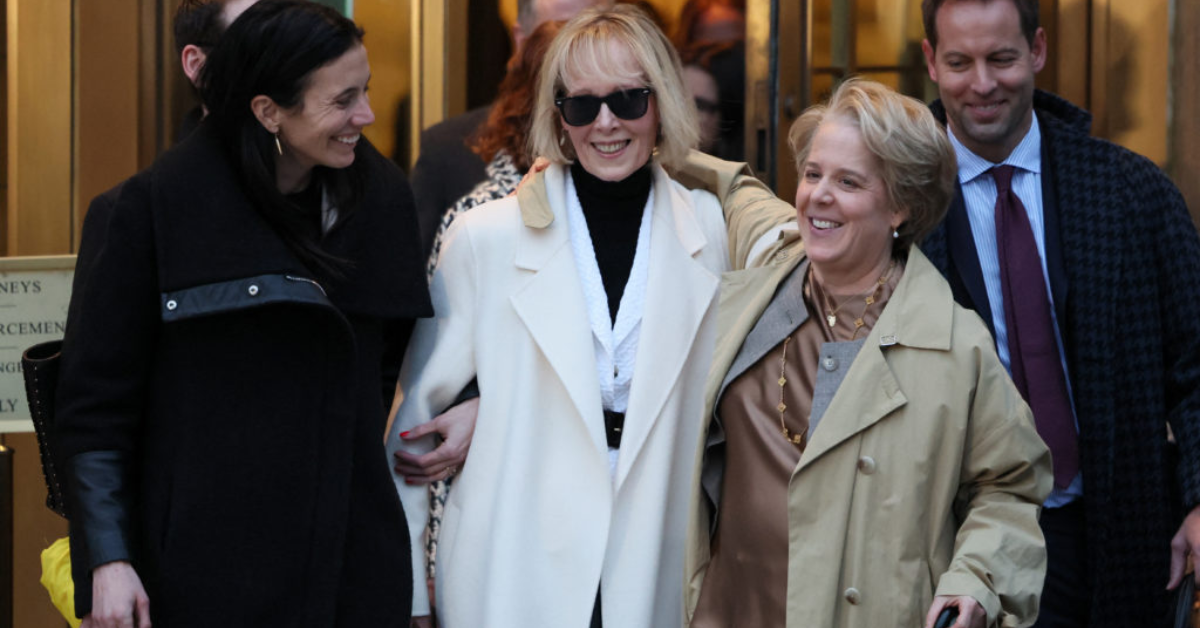The Justice Department’s recent attempt to step in and defend former President Donald Trump in his ongoing defamation case with E. Jean Carroll has sparked significant controversy. Carroll’s legal team is strongly opposing this move, arguing that it is “nearly two years too late” to allow the Department of Justice (DOJ) to intervene in the case. This dispute centres around Trump’s defamation lawsuit, where a federal jury awarded Carroll $83.3 million in damages after they found that Trump made false statements about her.
This legal battle began years ago when Carroll, a writer and journalist, accused Trump of sexually assaulting her in a department store dressing room in the 1990s. Trump has consistently denied these allegations, calling Carroll a “whack job” and accusing her of lying. In 2019, Carroll publicly shared her story, leading to a defamation lawsuit against Trump. Her lawyers claim that his denial of the assault damaged her reputation and caused severe emotional distress.
While the defamation case was ongoing, the Justice Department initially stepped in on Trump’s behalf, asserting that his actions as president at the time of the defamation claims were protected by the Westfall Act.
This law protects federal employees, including the president, from personal lawsuits related to actions taken while performing official duties. However, the Justice Department’s efforts to shield Trump in this case have now become a point of contention, with Carroll’s lawyers arguing that Trump missed critical deadlines to raise this defence.
Timing of the DOJ’s Intervention
The Department of Justice’s involvement in the case is not a new development. Initially, during Trump’s presidency, the DOJ intervened to protect him under the Westfall Act. However, things took a turn in 2023 when another jury found Trump liable for sexually abusing Carroll.
That verdict was separate from the defamation case and resulted in Carroll being awarded $5 million. Following this decision, the Justice Department withdrew its support for Trump, stating that his actions were not covered by the Westfall Act.

In 2023, after the jury’s ruling, the court gave Trump a deadline to continue pursuing the Westfall defence if he chose to do so. This deadline, set for July 13, 2023, passed without Trump taking any action. Instead of pursuing his legal defences within the specified time, Trump’s legal team attempted to claim presidential immunity, which was later rejected by the courts. Carroll’s lawyers argue that this delay and the lack of action at the right time should prevent Trump from now using the Westfall Act as a defence.
Carroll’s attorneys, led by Roberta Kaplan, have criticised the DOJ’s intervention in this case as a last-minute attempt to avoid accountability. They argue that it is “patently unfair” for a defendant to wait until after a trial to assert a legal defence, especially when the Westfall Act specifically allows claims to be made only “before trial.”
The plaintiffs point out that Trump had multiple opportunities to claim immunity earlier, but missed them. They argue that allowing Trump to invoke the Westfall Act after the trial has concluded would undermine the fairness of the legal process.
Legal Experts Weigh In
Legal experts have supported Carroll’s team’s position, emphasising that the law requires such motions to be made before trial. James Pfander, a law professor at Northwestern University, noted that the Westfall Act’s wording, specifically the phrase “before trial,” clearly indicates that Trump’s request to substitute the United States for him in the case at the appellate stage is far too late.
Pfander further stressed that allowing this late-stage move could lead to significant legal precedent that would allow future defendants to delay defenses until after they know the outcome of a trial, which could lead to unfair advantages.
This perspective aligns with the analysis made by Carroll’s legal team, which points to several previous decisions that ruled Trump’s actions in this matter as personal, not related to his duties as president. According to Carroll’s lawyers, every decision maker involved in the case (except for those under Trump’s control) has concluded that Trump’s actions regarding the sexual assault allegations were not related to his role as president.
The DOJ, however, continues to argue that Trump’s statements about Carroll were made in the context of his duties as president. According to an April 11 filing, the DOJ asserts that Trump should be defended under the Westfall Act because his comments were made during his tenure as president, and thus, they argue, fall within the scope of his official duties. The DOJ further claims that the U.S. Court of Appeals for the Second Circuit is required to substitute the U.S. government for Trump in the case, providing him immunity from the lawsuit.
The Background of the Case
Carroll’s allegations against Trump date back to the mid-1990s when she accused him of sexually assaulting her in the dressing room of a department store in New York City. In response to these allegations, Trump denied ever meeting Carroll, saying that she was “not his type” and accusing her of lying. He then made several public statements, calling her a “whack job” and a “total liar,” which led to her filing the defamation lawsuit in 2019.
In January 2024, a federal jury found that Trump’s comments about Carroll were defamatory and awarded her $83.3 million in damages. In addition, the jury in 2023 found Trump liable for sexually abusing Carroll, which resulted in a separate $5 million award to her. Despite these setbacks, Trump continues to deny all the allegations and has appealed both the defamation and sexual abuse cases.
What’s Next for the Case?
The case is now at a critical stage. The U.S. Court of Appeals for the Second Circuit will ultimately decide whether the DOJ can step in on Trump’s behalf and whether the Westfall Act can be applied in this case. If the court rules in Trump’s favour, it could grant him immunity from the defamation lawsuit. If not, Carroll’s legal victory will stand, and Trump will be forced to pay the damages awarded by the jury.
Carroll’s team remains firm in their belief that Trump’s request is not only legally unsound but also a desperate attempt to avoid accountability for his actions. They are confident that the courts will reject the DOJ’s intervention and uphold the defamation verdict.
Disclaimer: This article has been meticulously fact-checked by our team to ensure accuracy and uphold transparency. We strive to deliver trustworthy and dependable content to our readers.


